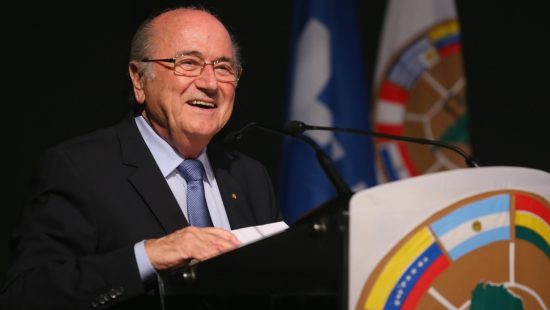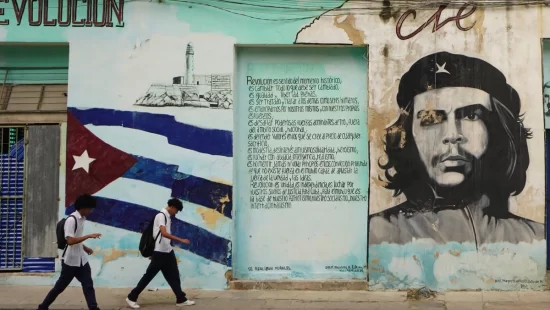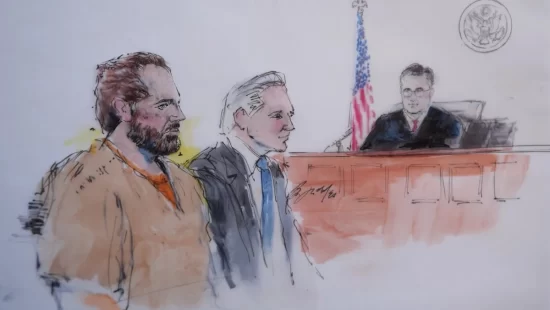A sweeping U.S.-Mexico crackdown exposes billions laundered through fake firms, stolen fuel, and corporate corruption.
From shell companies in San Diego to crude oil smuggled across the Texas border, the full scale of cartel-linked money laundering is coming into sharp focus—and both the U.S. and Mexican governments are ramping up efforts to expose and dismantle these criminal financial empires.
In recent weeks, two major cases have underscored the growing complexity and boldness of transnational money laundering operations. The first involves Héctor Alejandro Páez García, a Mexico City attorney who has pleaded guilty to laundering over $52 million in drug proceeds for the Sinaloa Cartel through shell corporations in Southern California. The second concerns a sprawling fuel fraud scheme, dubbed “fiscal huachicol” by Mexican authorities, in which billions of dollars in stolen crude oil and tax revenue have been funneled across the U.S.-Mexico border via front companies and fraudulent customs filings.
These cases, while distinct in method, reflect a broader trend: organized crime is evolving—and governments are evolving with it.
The Sinaloa Cartel, long infamous for its drug trafficking operations, has also become a major player in international money laundering. According to the U.S. Attorney’s Office for the Southern District of California, Páez managed an “international money laundering organization” that moved drug money from dozens of U.S. cities through San Diego-based companies and into accounts under his control in Mexico. At one point, as law enforcement pressure increased, Páez turned to cryptocurrency to obscure the cartel’s assets—a tactic the FBI ultimately disrupted.
Meanwhile, Operation Top Fuel, a joint U.S.-Mexico investigation, uncovered a separate network involving multiple cartels—including CJNG, La Familia Michoacana, and the Gulf Cartel—that have been illegally siphoning oil from Pemex, Mexico’s state energy company. This oil was smuggled into the U.S. through shell companies that rebranded it as lubricants or distillates to evade customs scrutiny and taxes. Authorities estimate that the scheme cost Mexico over $1.4 billion in lost tax revenue in just three months of 2021.
Among those charged in this case is the Jensen family of Utah, accused of laundering $47 million and smuggling $300 million worth of stolen Mexican crude into the U.S. over three years using companies like Arroyo Terminals and Big Hog Energy. The U.S. Treasury has also sanctioned more than 30 individuals and companies tied to these fuel theft operations.
While the U.S. has long targeted narcotics trafficking, what’s changing now is the increased focus on following the money, particularly through trade-based money laundering and the misuse of corporate structures.
Federal agencies are aggressively seizing assets, sanctioning companies, and prosecuting enablers—whether they’re cartel operatives, corrupt customs agents, or seemingly legitimate business owners. In the case of Páez, for instance, the FBI seized 66 bank accounts linked to cartel activity, and he now faces sentencing in August.
In Mexico, Secretary of the Economy Raquel Buenrostro has pushed for major reforms, including tightening import permit controls and expanding digital tracking of fuel shipments to close loopholes. Officials are also investigating international corporations like Vitol, which has previously been implicated in bribery scandals, for their alleged role in manipulating fuel imports.
These developments mark a broader recognition that money laundering is not just a criminal justice issue—it’s a national security, energy policy, and economic integrity issue. As cartels diversify their revenue streams beyond drugs into fuel, real estate, and crypto, the tools used to combat them must evolve accordingly.
“The state can no longer afford to be undermined by these blatant abuses,” Buenrostro said. “This is about fair competition, protecting public finances, and upholding the rule of law.”
The cross-border coordination now emerging between U.S. and Mexican authorities may be the clearest sign yet that both nations are treating money laundering as more than just a byproduct of drug crime. It’s now a priority target—and the net is widening.
As investigations continue, observers expect more arrests, corporate probes, and perhaps even high-level political fallout. But one thing is clear: after years of flying under the radar, the financial networks that fund organized crime are finally in the spotlight.








